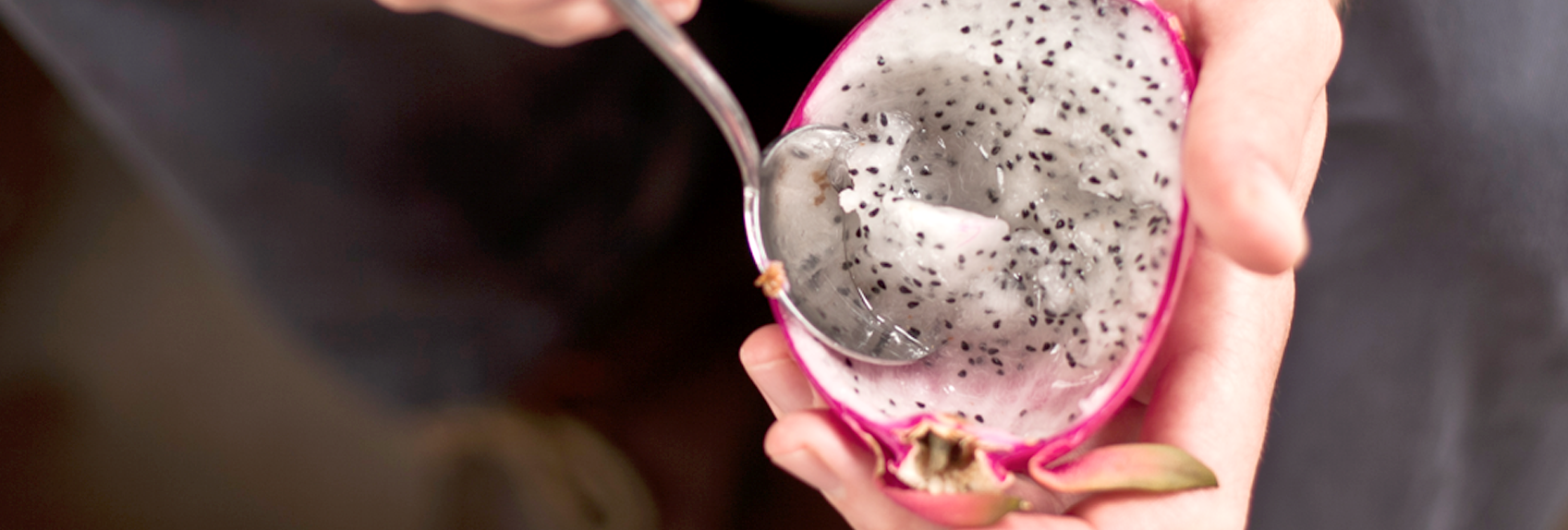Everything You Wanted to Know About GMOs
Although the scientific establishment agrees that GMOs are safe, their name sounds like something that could kick off the zombie apocalypse. Consumer concern over GMOs has grown steadily over the past few years, but there’s a notable shortage of helpful information about them. Here’s our best try at giving you the unbiased facts!
What, Exactly, Is a Genetically Modified Organism?
A genetically modified organism is one that has had its genes artificially altered, often through the introduction of genes from an unrelated species. Scientists use this technology to introduce favorable traits like disease resistance, environmental hardiness, spoilage reduction or pesticide tolerance in crops.
GMOs vs. Hybrids
Let us say for the record: GMOs are not the same as hybrids! Farmers have created new plant varieties through selective breeding since the dawn of agriculture. While selective breeding and genetic engineering share the same objective, a plant must have its genes scientifically altered in order to be considered a GMO.
Which Foods Are Most Likely to Contain GMOs?
If you’re reluctant to consume GMOs, steer clear of conventional processed foods. In the US, over 80% of these products contain GMOs.
High-Risk Crops
Alfalfa
Canola (approx. 90% of U.S. crop)
Corn (approx. 88% of U.S. crop in 2011)
Cotton (approx. 90% of U.S. crop in 2011)
Papaya (most of Hawaiian crop; approximately 988 acres)
Soy (approx. 94% of U.S. crop in 2011)
Sugar Beets (approx. 95% of U.S. crop in 2010)
Zucchini and Yellow Summer Squash (approx. 5,000 acres)
Common Ingredients Derived from GMO Risk Crops
Amino Acids, Aspartame, Ascorbic Acid, Sodium Ascorbate, Vitamin C, Citric Acid, Sodium Citrate, Ethanol, Flavorings (“natural” and “artificial”), High-Fructose Corn Syrup, Hydrolyzed Vegetable Protein, Lactic Acid, Maltodextrins, Molasses, Monosodium Glutamate, Sucrose, Textured Vegetable Protein (TVP), Xanthan Gum, Vitamins, Yeast Products.
Which Foods Tend to Be GMO-Free?
We’re happy to report that you don’t have to worry as much about fresh produce—there are very few GMO fruits and vegetables currently approved for sale.
We also want to include a shameless plug for our friends at Montchevre here: the industry-leading goat cheese producer is the first in their category to release a National Science Foundation certified non-GMO product. As of June 16th, the company’s bestselling item, the 4 oz. fresh goat cheese log, is completely GMO free.
What’s the Story with the Federal GMO Labeling Standards?
In July 2016, President Obama signed a bill to enact federal standards for GMO labeling. From what we can tell, it pleases no one. Labeling advocates argue that the bill allows manufacturers to obscure the presence of GMOs in their products by using QR codes and 1-800 numbers as federally acceptable forms of “labeling”. They also argue that the legislation unfairly overrides the more stringent standards set by the state of Vermont. There is also no penalty for non-compliance and no authority to reclaim items with improper labeling.
Food trade associations seem more satisfied with the legislation. Yet some food manufacturers continue to condemn any regulations, arguing that labels reinforce negative consumer perceptions that are not backed by science.


